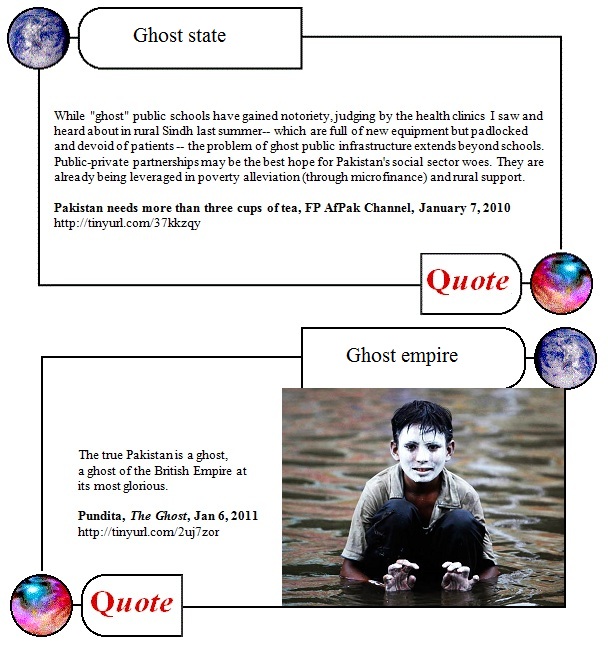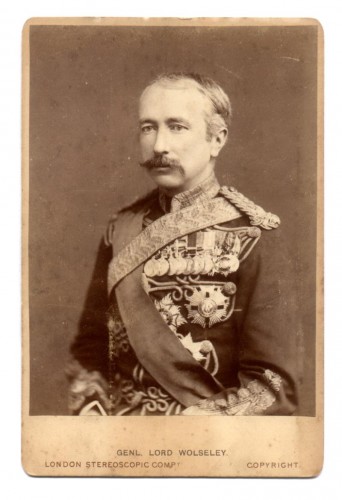In an earlier post, I mentioned the excellent old book The “Ever Victorious Army”: A History of the Chinese Campaign under Lt.-Col. C.G. Gordon, C.B., R.E., and of the Suppression of the Tai-Ping Rebellion by Andrew Wilson (1868). The author, Wilson, at key points in the book, reaches an almost poetic intensity in his prose.
The tragic story of the Tai-ping Rebellion is little known in the USA. Yet the wholesale devastation it inflicted on China, killing over 20 million people during 14 years of internal warfare and anarchy, makes it the largest military event of the 19th Century.
The founder and ruler of the Tai-ping movement, Hung Sew-tsuen, was exposed to foreign missionaries who showed him a Chinese translation of the Bible. After failing to pass the examination to enter the Mandarinate, he went into a trance, had a vision, and believed himself to be the younger brother of Jesus. Conditions in China were disorderly, and he believed himself to be Heaven’s instrument to rectify the wrongs and bring peace and justice and prosperity back to China. He convinced others of his status and mission. He raised an army and overran many provinces and cities. But instead of restoring harmony in the Flowery Land, he and his rampaging subordinates (called wangs, or kings) brought only death, famine, destruction and chaos. In the closing years of the rebellion Hung Sew-tsuen was besieged in Nanjing by the Imperialist forces of the Manchu Emperor.
As dangers gathered round him, Hung Sew-tsuen, the Heavenly Monarch, became more cruel in his edicts, and ordered any of his people who might be found communicating with the enemy to be flayed alive or pounded to death; but even he could no longer conceal from himself the fact that the days of his reign and of his life had drawn to a close. It would be interesting to know what were the last thoughts of this extraordinary man when he found himself in these circumstances. Did he still believe that he was a favourite of heaven, and authorised representative of Deity on earth, or had he in his last hours some glimpse of the true nature of the terrible and cruel destiny which he had had to fulfil? Surely as his thoughts reverted to the simple Hakka village of his youth, he must have known that his path over the once peaceful and happy Flowery Land could be traced by flames and rapine and bloodshed, involving a sum of human wretchedness such as had never before lain to the account of the most ferocious scourge of mankind. Where there had been busy cities, he had left ruinous heaps; where fruitful fields, a desolate wilderness; “wild beasts, descending from their fastnesses in the mountains, roamed at large over the land, and made their dens in the ruins of deserted towns; the cry of the pheasant usurped the place of the hum of busy populations; no hands were left to till the soil, and noxious weeds covered the ground once tilled with patient industry.” Even, as has been remarked, the very physical features of the country, owing to neglect of the embankment of great rivers, had been largely changed by his destructive career. And, after all this ruin and misery, what had the Tai-ping movement come to at last but the restoration of Imperial rule in China, while a cloud of fear and wrath hung over the doomed city in which the king and priest and prophet of the Great Peace anticipated death in the midst of his trembling women and the remnant of his ferocious soldiery.

